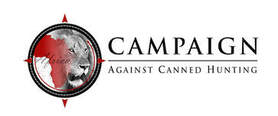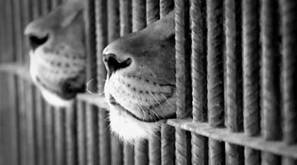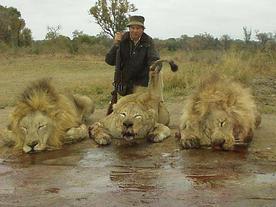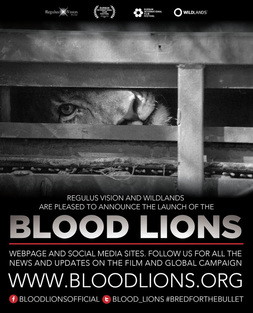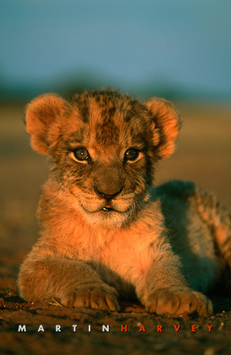"We, long standing hunting outfitters, wish to express our opposition to the hunting of canned and captive bred lions"
"We are further aware that there are other outfitters who, like us, condemn this practice. As hunting outfitters and professional hunters, we unanimously and unequivocally;
1. Condemn the immoral practice of canned/captive bred lion shooting, where lions are bred for the SOLE purpose of being killed by paying clients and play no meaningful contribution to wildlife conservation, financial or otherwise that aids the species the African Lion (panthera leo) in its natural state.
2. See no meaningful distinction between the terms “canned” or “captive bred” lion hunting, in its current format, as in the accepted SAPA document.
3. Believe that the shooting of lion, bred and raised in breeding facilities and subsequently released for a period of 7 days in accordance with the current SAPA norms and standards, prior to the shoot commencing, is reprehensible.
4. Do not believe that the SAPA norms and standards for the shooting of canned/captive bred lions can be considered fair chase hunting. Where the animal is self-sustaining, can feed naturally, breed naturally and has a chance of evading the hunter. None of these criteria are met.
5. Do not believe the practice can be effectively policed and monitored and to date has been rocked by one scandal after another.
6. We believe the practice is degrading to the African Lion, which is an iconic and regal symbol of all African wildlife. The activities of a few have severely tarnished the reputation of our industry. They have caused major harm to those of us whom are committed to acceptable hunting practices that enhance the already significant conservation efforts that have been and are made by hunting in South Africa.
SAMPEO
